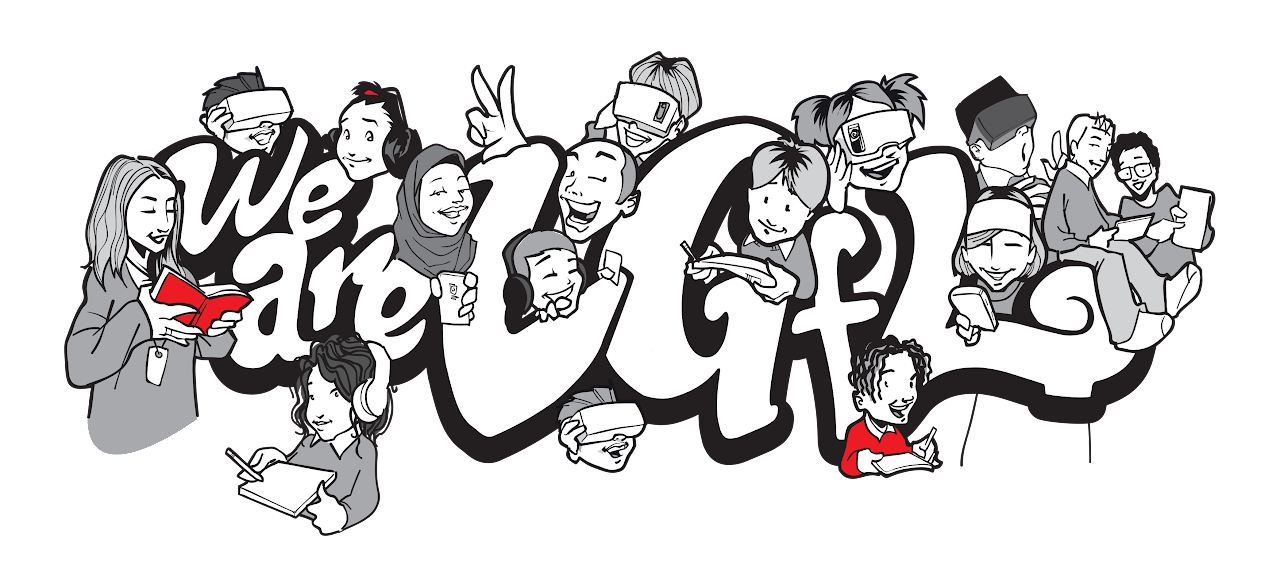Teaching
Therapeutic Interventions in Schools (Parts 1 & 2)
Discover practical strategies to implement therapeutic interventions in your school. Learn evidence-based approaches to support students' mental health, wellbeing, and positive behaviour. Foster social-emotional development, resilience, and academic success. Create a nurturing environment where students can thrive and reach their potential.
Therapeutic Interventions (for academic year 24-25)
'When schools are considering developing a whole school approach for mental health and wellbeing, they need to consider what their current offer is. I would highly recommend developing a four-tiered approach and what that looks like at tier one -it's your quality first teaching, it's that everyday experience that those young people get within your school setting through their relationships and through their learning about mental health and wellbeing. This feeds into your PSHE curriculum. It feeds into your relationship curriculum and also your learning around how to effectively recognise and respond to the needs of the people within your school community.'
'We know that young people find creative activities helpful to process unresolved issues or unwanted or uncomfortable emotions. So if you have a space within school, such as a room that feels very different from the other areas of the school where young people go in, access sand play, then this could be very useful'
How can schools introduce a therapeutic approach to the young people themselves?
'It's important to remind the young person that you are not expecting them to talk about their feelings. You are just offering them a safe space to be who they are at any given time, without any judgment, without any shame.'
What are the different kinds of therapeutic approaches?
'If you ask a young person to explain how they feel, they often don't have the words to be able to describe they're in a turmoil. But if you ask them to show you through a piece of artwork or by playing a piece of music or by writing poetry, what you get is an insight into their internal world.'
Why are therapeutic interventions important?
''Therapeutic interventions are important because often young people don't have the words to be able to describe how they're feeling.'
What are the practical considerations that relate to therapeutic approaches being adopted in schools?
'The young people need to be able to understand that there is an amount of sessions that they will be having; there will be a beginning, there will be an end to the process. There will also be a review in the middle. It may be important for you to undertake a pre-evaluation before the process, so spend time talking to the parents and understanding what their challenges are, what their concerns are for the young person.'
What is the tiered approach?
'When schools are considering developing a whole school approach for mental health and wellbeing, they need to consider what their current offer is. I would highly recommend developing a four-tiered approach and what that looks like at tier one -it's your quality first teaching, it's that everyday experience that those young people get within your school setting through their relationships and through their learning about mental health and wellbeing. This feeds into your PSHE curriculum. It feeds into your relationship curriculum and also your learning around how to effectively recognise and respond to the needs of the people within your school community.'
What resources can help?
'When we consider the resources that we need in order to set up an effective practice for therapeutic intervention, the most important resource is time and knowledge.
So we need to be able to train our educators to be able to facilitate that space in a safe manner. We need to ensure that they have the protected time within the school timetable to be able to offer those interventions. And this needs to be in a room where there's not any interruptions or loud noises.'
Therapeutic Interventions in Schools Part 2
The second course in the series...

